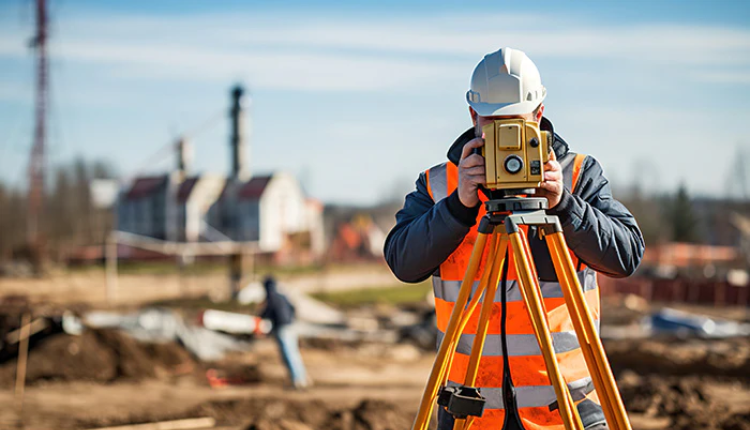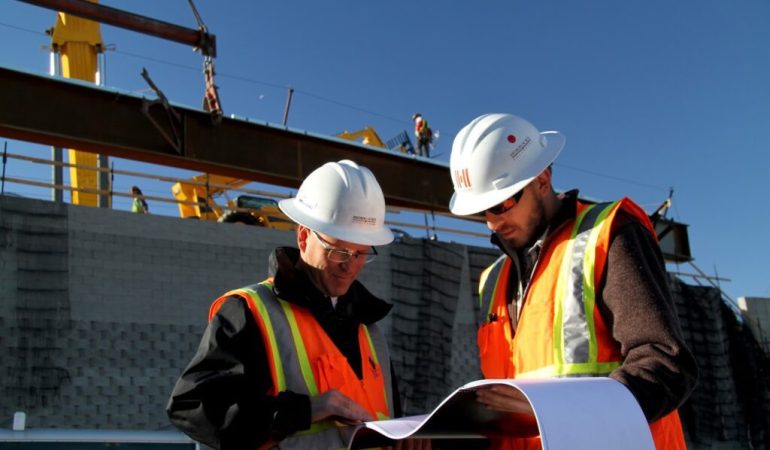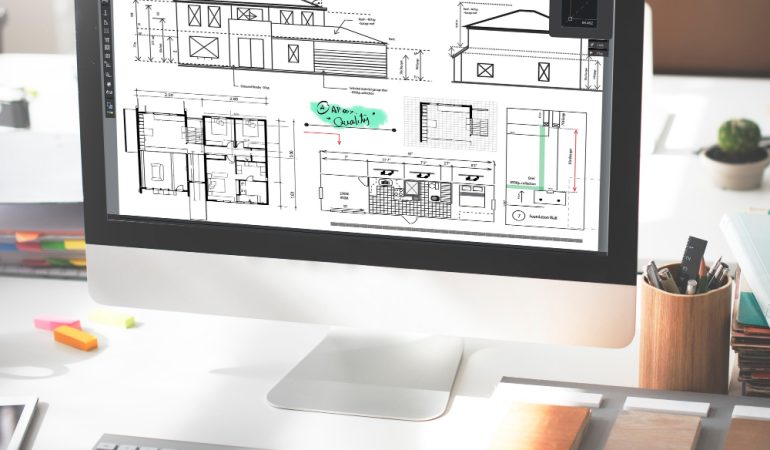Land Survey Course
The Land Survey Course at Haris Institute is a professional training program designed to develop practical
skills and technical knowledge in surveying, mapping, and measurement. Land surveying is an essential
field in construction, civil engineering, real estate, and infrastructure development, where accurate
measurements and mapping are the foundation of every project. This course provides in-depth training on the principles of surveying, use of modern surveying instruments,
data recording, and mapping techniques. Students will learn how to operate essential tools such as Total
Station, Theodolite, Auto Level, and GPS. They will also gain knowledge of how to interpret survey data,
prepare field reports, and use computer software to produce professional survey maps and layouts.
Upon successful completion, participants will be fully equipped to work independently or as part of a
professional engineering or construction team, performing surveys for roads, buildings, bridges, and land
development projects.
Course Modules
1. Introduction to Land Surveying
Understanding the purpose, scope, and importance of surveying in engineering and construction.
2. Principles of Measurement
Distance, angle, and elevation measurement fundamentals.
3. Surveying Instruments and Tools
Hands-on training with Theodolite, Total Station, Auto Level, and GPS devices.
4. Leveling and Contouring
Determining elevations, creating contour maps, and performing differential leveling.
5. Traversing and Triangulation
Establishing control points and applying coordinate geometry methods for precise mapping.
6. Topographic and Detail Survey
Conducting site surveys for terrain analysis and construction planning.
7. Road and Building Layouts
Setting out foundations, roads, and boundaries using modern surveying techniques.
8. Global Positioning System (GPS) Surveying
Using GPS and GNSS for accurate geolocation and mapping.
9. Survey Data Processing and Mapping Software
Introduction to AutoCAD, Civil 3D, and other GIS-based tools for map preparation and data analysis.
10. Project Work and Field Practice
Students perform complete field surveys and prepare final reports and drawings for evaluation.
Entry Requirements
• Minimum qualification: Matric (10 years of education) or above.
• Basic knowledge of mathematics and geometry is helpful.
• No prior experience is required — beginners can easily learn through guided practical sessions.
• Suitable for students, technicians, engineers, and construction workers seeking technical
advancement.
Learning Process
The Land Survey Course at Haris Institute** combines classroom instruction with real-world fieldwork**.
The goal is to ensure every student gains both theoretical understanding and practical experience.
• Instructor-led sessions covering surveying principles and calculations.
• Hands-on field training using professional surveying instruments (Total Station, Theodolite, Auto
Level, GPS).
• Practical assignments to record, calculate, and interpret survey data.
• Software sessions for drafting and analyzing survey results using AutoCAD and GIS tools.
• Team-based field projects simulating real construction site conditions.
• Personal mentorship and progress tracking by experienced instructors.
• Final project presentation based on an actual land survey and mapping exercise.
This approach ensures that students leave with the skills required for immediate employment in the land
surveying and construction industries.
Future Development and Career Opportunities
After completing the Land Survey Course, graduates can pursue careers in both the public and private
sectors. Land surveying skills are in high demand in construction, civil engineering, infrastructure
development, and mapping industries.
Career opportunities include:
• Land Surveyor / Assistant Surveyor
• Site Engineer (Survey Department)
• GIS / Mapping Technician
• Construction Project Surveyor
• Road and Building Layout Specialist
Graduates can work with engineering companies, contractors, real estate firms, and government
departments.
They can also continue their education with advanced courses such as AutoCAD Civil 3D, GIS, Total Station
Masterclass, or Quantity Surveying.
Upon successful completion, students will receive a Government-recognized Diploma Certificate from
Haris Institute, which enhances employability and career growth opportunities.
Frequently Asked Questions (FAQs)
Q1: Is this course practical or theory-based?
The course is 80% practical and 20% theory, focusing on hands-on training with real surveying instruments
and field practice.
Q2: Will I get a certificate after completing the course?
Yes. After successful completion, students receive a Government-recognized Diploma Certificate from
Haris Institute.
Q3: Are online classes available?
Physical classes are primarily offered due to the practical nature of the course. However, theoretical
sessions and tutorials can be conducted online for remote learners.
Q4: What kind of jobs can I get after this course?
Graduates can work as Surveyors, Assistant Survey Engineers, or Mapping Technicians in construction
companies, engineering consultancies, and government projects.










